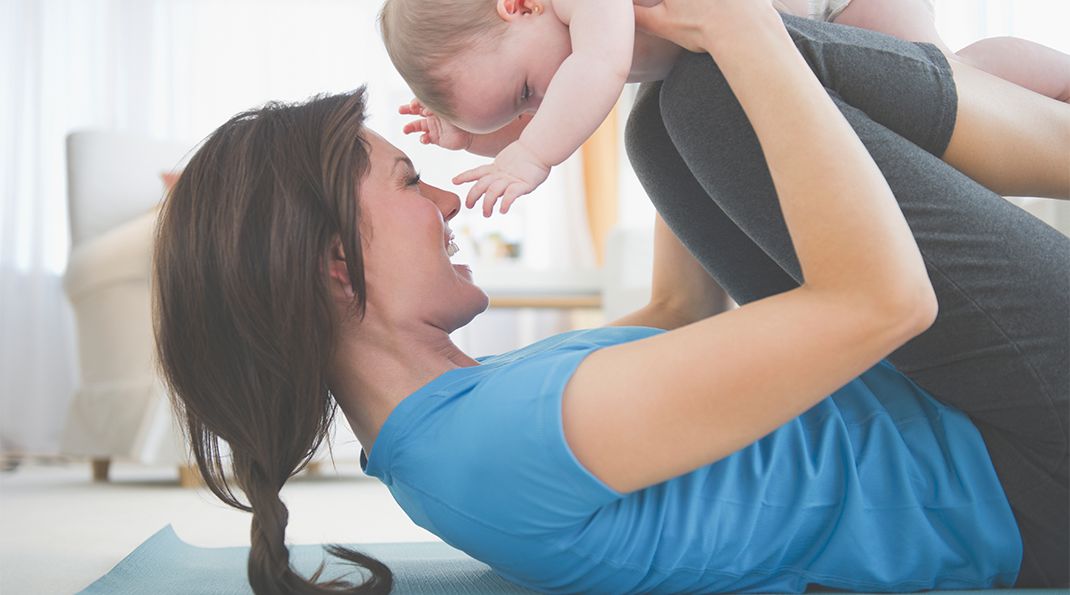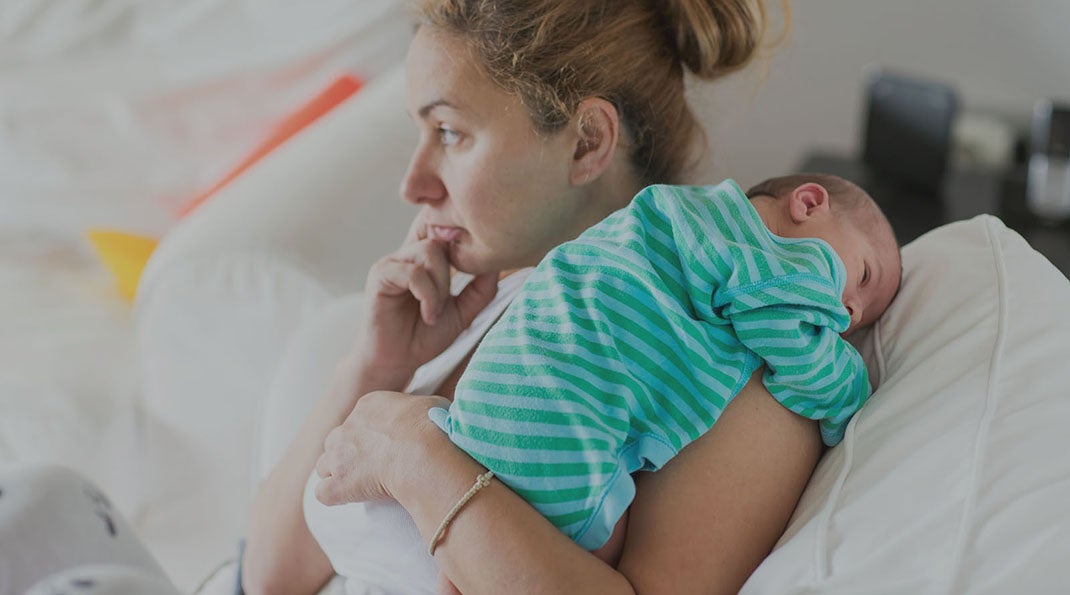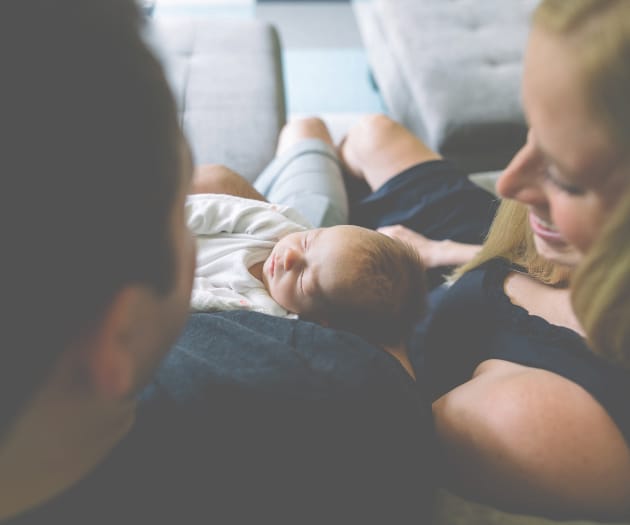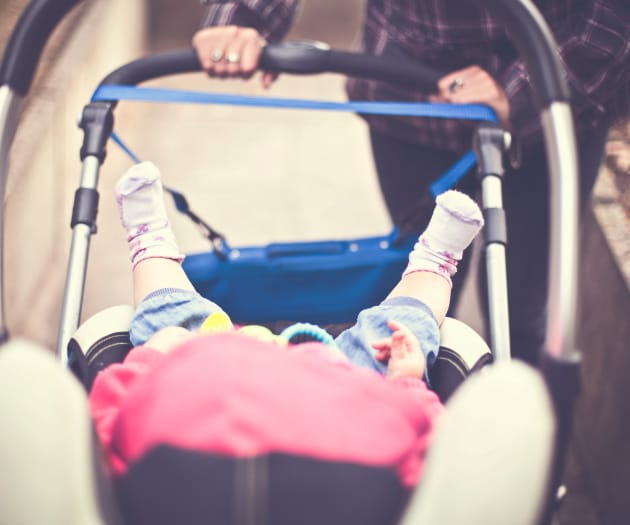Have I got postnatal depression? It’s a common question for mums when you’re feeling a bit down after giving birth. You’ve just had a baby, your whole world has been turned upside down, and you haven’t slept for what feels like an age. That’s enough to make anyone wonder if they’re losing the plot. But when does having the baby blues become postnatal depression? The Edinburgh Postnatal Depression Scale is a Postnatal depression quiz developed by experts to help identify the signs of baby blues vs postnatal depression.
Baby blues are perfectly normal and might be caused by hormonal changes in the first week or so after giving birth. Postnatal depression after birth, often occurs in the following weeks and months and can happen up to a year after the birth. It is strongly recommended that you carry out the quiz with your midwife, health visitor or GP. Have a look at the questions below to start a conversation with yourself about how you’re feeling. Use the quiz if your baby is 6-8 weeks old and choose the answer that best describes how you’ve felt in the past seven days—not just today.
-
I have been able to laugh and see the funny side of things
As much as I always could = 0
Not quite so much now = 1
Definitely not so much now = 2
Not at all = 3 -
I have looked forward to things to enjoy
As much as I ever did = 0
Rather less than I used to = 1
Definitely less than I used to = 2
Hardly at all = 3 -
I have blamed myself unnecessarily when things went wrong
Yes, most of the time = 3
Yes, some of the time = 2
Not very often = 1
No, never = 0 -
I have been anxious or worried for no good reason
No, not at all = 0
Hardly ever = 1
Yes, sometimes = 2
Yes, very often = 3 -
I have felt scared or panicky for no good reason
Yes, quite a lot = 3
Yes, sometimes = 2
No, not much = 1
No, not at all = 0 -
Things have been getting on top of me
Yes, most of the time I haven’t been able to cope = 3
Yes, sometimes I haven’t been coping as well as usual = 2
No, most of the time I have coped quite well = 1
No, I have been coping as well as ever = 0 -
I have been so unhappy that I have had difficulty sleeping
Yes, most of the time = 3
Yes, sometimes = 2
Not very often = 1
No, not at all = 0 -
I have felt sad or miserable
Yes, most of the time = 3
Yes, quite often = 2
Not very often = 1
No, not at all = 0 -
I have been so unhappy that I have been crying
Yes, most of the time = 3
Yes, quite often = 2
Only occasionally = 1
No, never = 0 -
The thought of harming myself has occurred to me
Yes, quite often = 3
Sometimes = 2
Hardly ever = 1
Never = 0
The Edinburgh Postnatal Depression Scale results
With your HCP add up your scores for each answer. If your total is 10 points or more your HCP will be able to give you guidance on next steps. If you are doing the quiz alone or with your partner and your score is 10 points or more speak to your HCP. But bear in mind, the Edinburgh Postnatal Depression Scale is just a guide so if you experience any feelings of depression after birth of your baby or you’re concerned about any signs of baby blues, it’s always best to seek professional help.
In a recent survey supported by Nestlé, over a quarter of 8,000 mums surveyed in 16 countries said they suffered from baby blues—so you are not alone. It can really help to talk—to friends and family, and your HCP will be able to put you in touch with postnatal depression counselling services and postnatal support groups if you need it. You can also search online for helplines run by trusted charities and read our checklist on coping with baby blues for more help. Being a parent is the toughest job in the world, so don’t be afraid to get the support you need so you can be your best self not just for your little one but for you too. Please remember you’re not alone, you’ve got this!








